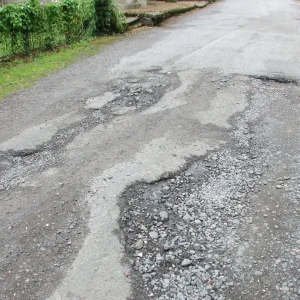The UK Government has announced it is investing £20 million to help develop vehicle-to-grid technology, which allows electric vehicles to return spare electricity to the national network.
The government said that projects investigating the use of the system could create a more flexible and efficient energy system.
Three types of project are being awarded shares of the fund:
. Feasibility studies – investigating ways that vehicle-to-grid technology can be used in the future
. Industrial research or experimental development ? for example, to develop vehicle-to-grid charging equipment
. Demonstrator trials in the real-world environment ?projects that trial vehicle-to-grid technology in different locations across the country.
The competition to award funding will start “in the next few weeks”, with schemes expected to start in early 2018.
“Electric vehicles are already helping thousands of motorists cut their fuel costs, and now there is an extra financial incentive for motorists to go green,” said transport minister Jesse Norman. “The number of ultra-low-emission vehicles on our roads is at record levels, with the latest figures showing that there are over 100,000 plug-in cars and vans registered. The government’s ambition is that nearly all cars and vans on our roads are zero emission by 2050.”
Simon Edmonds, manufacturing and materials director at government agency Innovate UK, said: “These competitions present ground-breaking opportunities for UK businesses to develop the next stage of vehicle-to-grid products and services. The potential of these technologies are huge, both for businesses and consumers.”
Last May, Nissan announced a UK trial allowing electric vehicle owners to sell surplus energy from their batteries back to the grid.
The vehicle-to-grid trial scheme, a joint venture between the Japanese manufacturer and power company Enel, involves 100 private and fleet drivers of the Leaf electric car and the eNV200 electric van. The project started at the end of last year.





